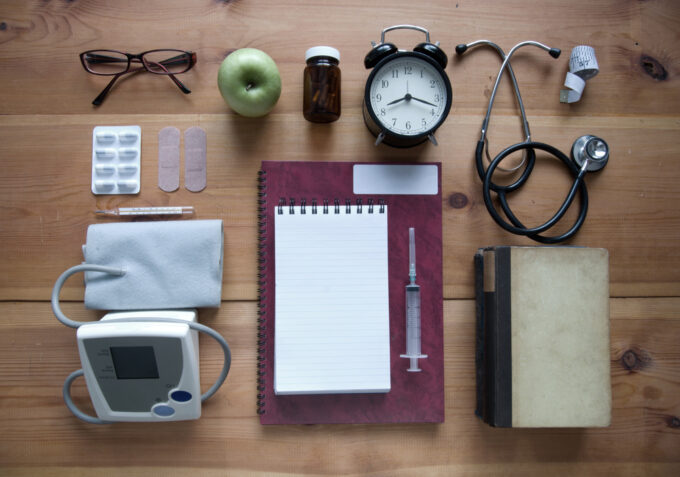Ricoh study on medicines from the printer
A Ricoh study shows the profound impact of new printing technologies on healthcare systems in Europe. According to the research, 68 percent of healthcare professionals believe that new printing technologies have the potential to fundamentally change the healthcare sector.

Drugs from the printer have long since become commonplace, reads the new Ricoh study. It says there have been significant advances in customized prosthetics and on-demand drug manufacturing. Meanwhile, 74 percent of healthcare professionals would support new printing technologies to assess the value of accurate diagnoses and ultimately reduce mortality rates.
David Mills, CEO of Ricoh Europe, explains: "As healthcare systems in Europe are asked to do more with less, the use of innovative printing technologies will prove essential to continue to deliver high quality care. New techniques such as aquagel organ printing mean that surgeons can now practice placing sutures and removing tumours on real patients before operations. Printing drugs layer by layer to target specific diseases could soon become commonplace."
Time factor
In addition, the new Ricoh study highlights that 51 percent show that patients need to spend less time in the hospital by using new printing technologies to rapidly produce custom implants such as bone and dental grafts, and that these technologies are critical to improving recovery times.
Due to increasing life expectancy and the rising incidence of chronic diseases across Europe[1], therapies are becoming more complex as patients are affected by conditions later in life. Due to this, 65 percent of healthcare providers are using new printing technologies to adapt printed materials to different needs, including those of elderly and remote patients.
46 percent of medical professionals go so far as to say that without investing in 3D printing, they will struggle to meet patient needs over the next five years.
Mills adds: "Healthcare facilities are not only benefiting from advances in printing technology through breakthrough developments. Healthcare is a sector with an extremely high administrative burden. By digitising systems, providers can reduce the administrative burden to save time, cut costs and improve safety."
Learn more under http://www.ricoh.ch/de/thoughtleadership.
1Note: Ricoh commissioned quantitative research into the opinions of 787 healthcare decision makers across Europe









